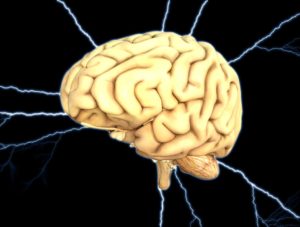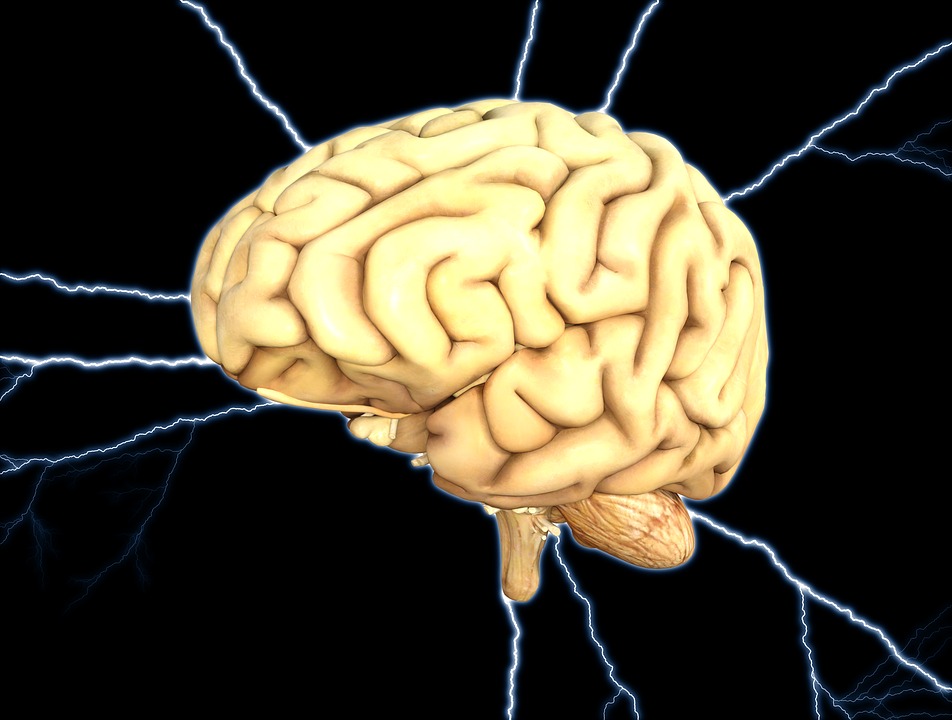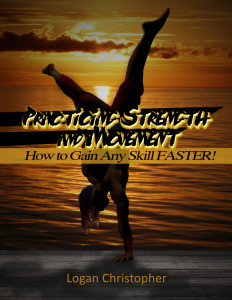I love science…but it’s not without it’s problems.
One of which is that we often have theories that are just plan wrong.
Remember the idea that the brain didn’t grow new neurons as an adult, and wasn’t capable of change?
Couldn’t be more wrong.
Jim wrote in response to the recent post on diversity of fitness:
“Just in case you wanted to feel good about your advice, Dr. Merzenick, aka one of the founders of the theory of brain plasticity, agrees with you. He mentioned, in his book Softwired, the strict forms of most workouts as not really challenging the brain properly. Instead, he recommended diversity and workouts that stressed multiple parts of the body and brain (balancing and the like). So I guess you’re in good company.”
When we are doing complex movements, such as bodyweight exercise, kettlebell juggling, or even some things you can do with a barbell, we are not just challenging your muscles.
Toss a kettlebell over your shoulder, and you’re working hand-eye coordination, balance, firing all kinds of muscles, endurance (if you do it a few times), counterbalancing, explosiveness and more.
Thinking that strength training is all about muscles is one of the worst generalizations there is in fitness, that has harmfully affected many people over the years.
It’s a dead theory like that of the adult brain not changing. That theory, and related ones, gave us the modern type of bodybuilding, as well as running on a hamster wheel (aka treadmill).
 Fitness should be challenging your mind.
Fitness should be challenging your mind.
And challenging the entire nervous system, brain and otherwise. You will grow new neurons in order to do something new. Once you get good at that thing…you don’t get the same kind of nervous system stimulation.
That’s when you have to do something different.
That’s why you should do bodyweight training. And kettlebells. And odd objects. And barbells. And dumbbells. And etc.
When you start thinking of neurology, not just muscles, it changes how you approach this world.
It changes how you get fit.
It changes how you get strong.
And even this can be amplified further. For a deep dive into the nervous/mental component behind any movement, check out Practicing Strength and Movement: How to Gain Any Skill FASTER!


